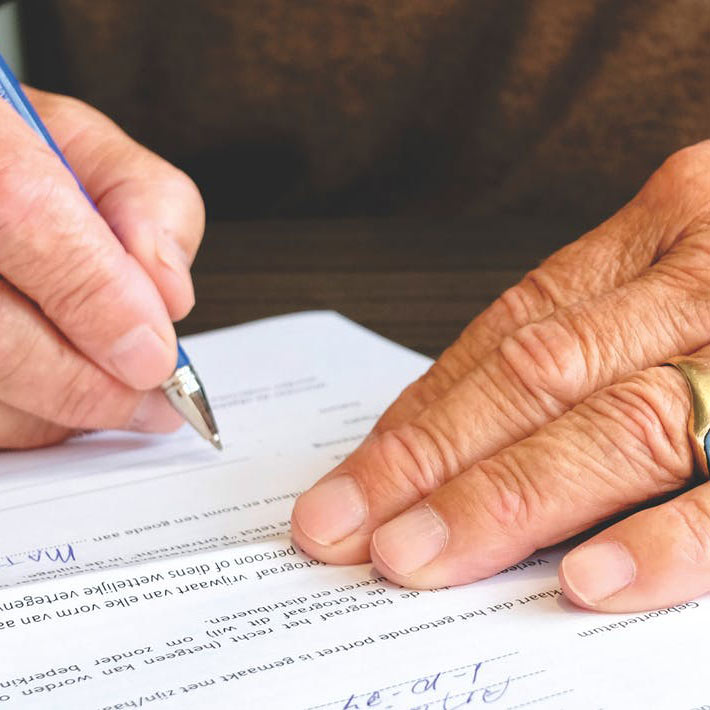The heightened adrenaline, frustration, and fear most people experience after being in a car accident can cloud your judgement and make it difficult to make sound decisions in the moment. You may wish to offer the other person in the accident words of comfort, or angry words of blame, or you may simply be too shocked to say much of anything. However, knowing what to do in this moment could make the legal issues of your accident run more smoothly in the long run.
Our legal team has compiled a short list of things you should, and shouldn’t, say after you’ve been in an accident to better prepare you.
Do Not Say You Are Fine
After being in an accident, even if it wasn’t major, your adrenaline is likely pumping and clouding any pain you may be experiencing. Do not jump to the conclusion that you are okay or uninjured. You may have suffered whiplash, a concussion, or other injuries that could take a moment, or even weeks to show signs. You should always seek medical attention following an accident, even if you feel unharmed.
Do Ask If Everyone is Okay
Look to the passengers in your vehicle and ask if everyone is alright. Then, after insuring nobody needs immediate medical attention, turn your focus to the driver and passengers of the other vehicle or vehicles involved in your accident. Regardless of who’s fault it was, ask if everyone is alright and if anyone needs medical attention. Reign in your anger, and try to be as calm as possible. Not only is demonstrating concern for other people the right thing to do, it could also help you with your case later on.
Do Not Apologize or Explain
Some people feel inclined to apologize in stressful or distressing situations, but try to refrain from apologizing after the accident. Even if you feel it was your fault, there may have been other factors at play during the accident that you weren’t aware of, or didn’t notice in the heat of the moment. Apologizing, or attempting to explain yourself only makes you look guilty and does not help your case. Insurance companies can jump on your apology and use it to claim you were at fault and confessed to it.
Do Exchange Information with the Other Driver
Besides checking on their welfare, exchanging relevant information is the only other thing you should discuss with the driver of the other car. Exchange your full names, contact information, and insurance providers. It may also be a good idea to take pictures of the scene while waiting for police to arrive, and pulling to the side of the road away from traffic.
Do Not Say It’s Okay
Although the other driver may be emotional or concerned, try not to reassure them by telling them it is okay. It may seem callus, but for your legal protection, you do not want to make any uninformed judgements in the moment while tensions are high. Tell them you will speak with professionals who can help you both. That is the most you can do, and the rest should be left to legal representatives, insurance companies and medical professionals.
At Bahe Cook Cantley & Nefzger PLC, we understand how difficult it can be to make level-headed judgements after being in an accident. While these tips can certainly help, it can be an overwhelming ordeal to remember all of the correct things to do after a crash.
For legal assistance and counsel after you’ve been in a motor vehicle accident, contact Bahe Cook Cantley & Nefzger PLC. Our experienced personal injury attorneys will represent your best interest and guide you through your claim every step of the way.

